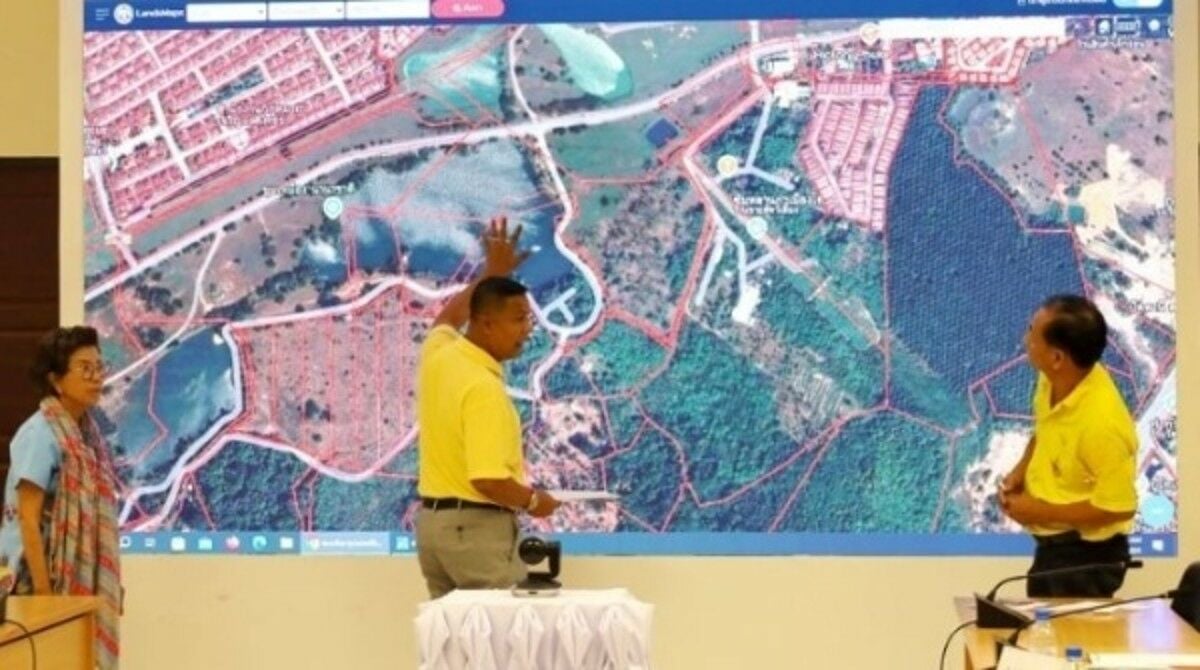Koh Kaew residents still waiting for paved road and electricity

Residents of Koh Kaew have been stuck in limbo for years, living with an unpaved road and no electricity supply. However, after a tense meeting at Phuket Provincial Hall on Tuesday, there’s a glimmer of hope.
The meeting, led by Phuket Vice Governor Adul Chuthong, was convened by the Phuket Provincial Ombudsman’s Office following complaints from the residents. A group of locals and representatives from several government agencies attended the session to address the long-standing infrastructure issues.
At the heart of the problem is Soi Nanachat 2 (Im Mi Phi Man), where around 1 kilometre of road remains unpaved, and no public electricity has been installed. According to an official report, the road has remained unfinished for over a decade, despite government efforts.
A land dispute involving a plot with title deed number 62107 was the cause for the delay. The landowner, who previously dedicated the land as a public road in 2008, is now attempting to reclaim the property, halting further construction.
Frustrated villagers aired their concerns, while the landowner defended their stance. Representatives from agencies such as the Koh Kaew Administrative Organisation (OrBorTor), the Phuket Provincial Land Office, and the Provincial Electricity Authority contributed to the heated discussion.
The meeting concluded with a plan to clarify the boundaries of the disputed land. The Koh Kaew OrBorTor will work with the Phuket Provincial Land Office to conduct a detailed land survey and gather evidence to resolve the issue, reported Phuket News.
In related news, to alleviate financial pressure on its citizens, the Thai government confirmed it will maintain the current cap on electricity prices at 4.18 baht per unit and diesel prices at 33 baht per litre until the end of the year.
In other news, conservationists and residents of the Mekong Basin are urging the Thai government to reconsider signing a contract to purchase electricity from the Pak Beng Hydropower Dam in Laos, citing potential economic and territorial losses.
Latest Thailand News
Follow The Thaiger on Google News:


























